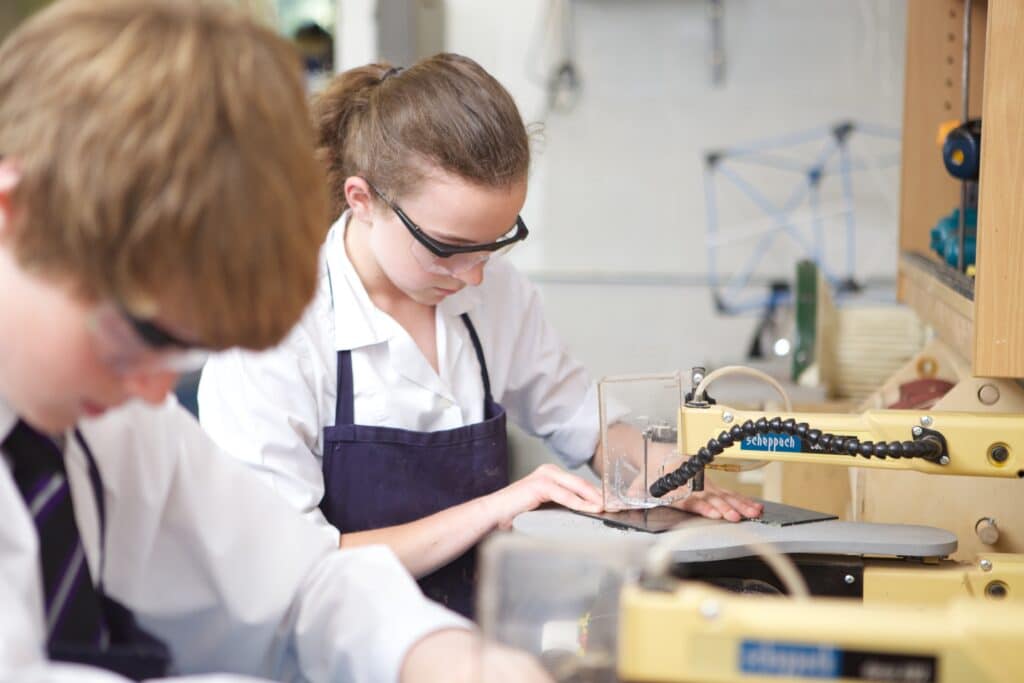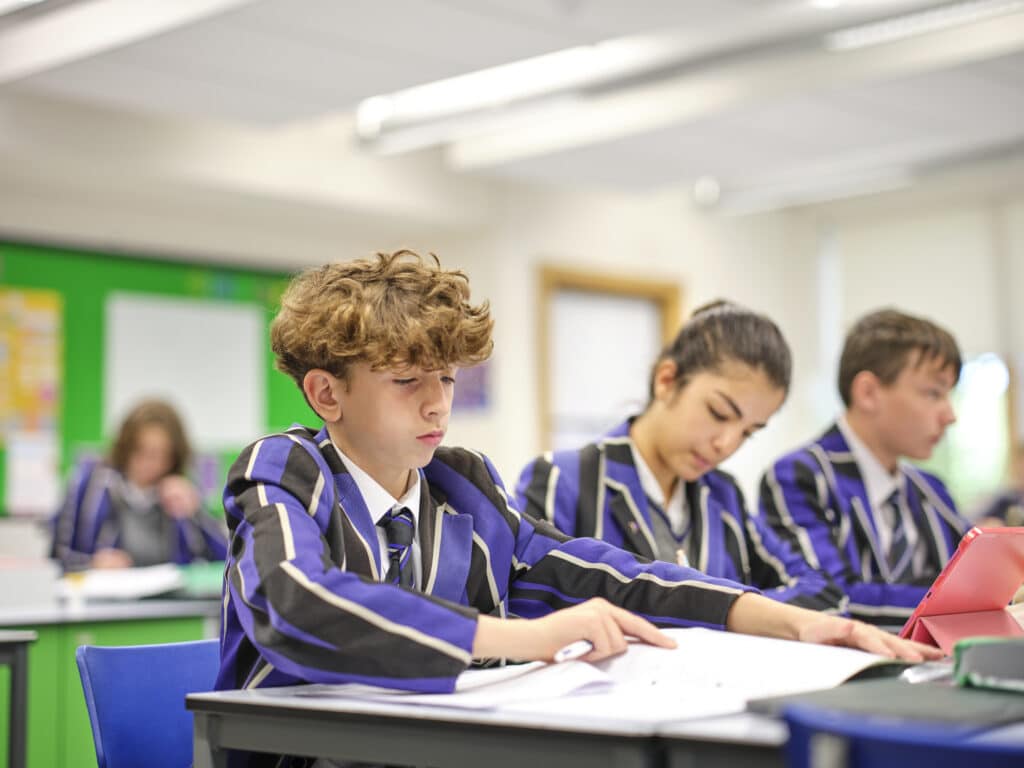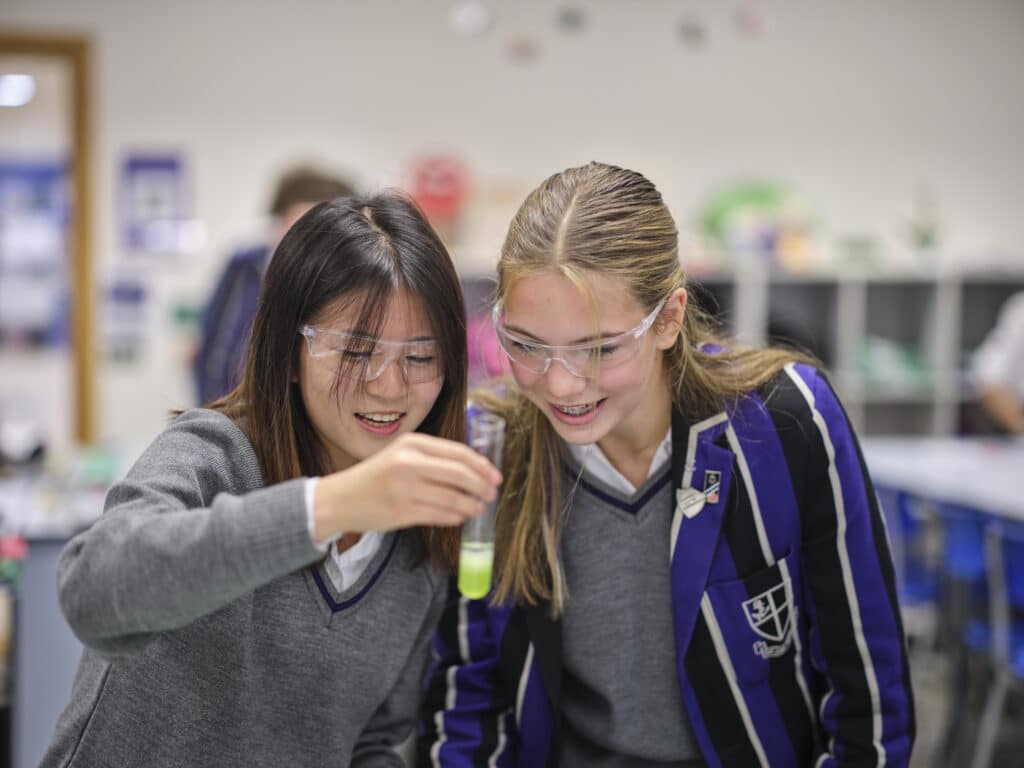
GCSE Food and Nutrition
In this section
- Admission calculator test
- AgentHub
- Art at Kimbolton School
- Biology at Kimbolton School
- Boarding handbook
- Business at Kimbolton School
- Chemistry at Kimbolton School
- Cultural Exchange with Christianeum School, Hamburg, Germany
- Design technology and engineering
- Digital learning and computer science
- Drama at Kimbolton School
- English as an Additional Language (EAL)
- English at Kimbolton School
- Geography at Kimbolton School
- History at Kimbolton School
- Induction pack Pre-School
- Kimbolton Army CCF
- Kimbolton Pre-School (3 – 4)
- Kimbolton Royal Navy CCF
- Languages at Kimbolton School
- Mathematics at Kimbolton School
- Music at Kimbolton School
- Parents’ handbook
- Philosophy, Religion & Ethics (PRE)
- Physical Education
- Physics at Kimbolton School
- Pre-School (3 – 4)
- Prep School parents’ handbook
- Website terms and conditions
- About us
- Celebrating 425 years of educational excellence
- Cookie settings
- Engage forms
- History and English – Autumn 2024
- Induction pack Lower Prep
- Induction pack Senior School – Boarding pupils
- Induction pack Senior School – Day pupils
- Induction pack Upper Prep
- Kimbolton RAF CCF
- LAMDA
- Media gallery
- Site map
- Welcome to Ingrams
- Admissions
- Prep School (3-11)
- Admissions deposit
- Senior School (11-16)
- Welcome to Senior School
- Academic – Senior
- GCSEs
- GCSE Art
- GCSE Biology
- GCSE Computer Science
- GCSE Chemistry
- GCSE Design Technology
- GCSE Drama
- GCSE English (Lang/Lit)
- GCSE Food and Nutrition
- GCSE French
- GCSE Geography
- GCSE History
- GCSE Maths/Further Maths
- GCSE Music
- GCSE Philosophy, Religion & Ethics
- GCSE Physical Education
- GCSE Physics
- GCSE Spanish
- EAL – Senior School
- Academic support – Senior
- Our digital school
- PSHE in Senior School
- Vanbrugh Library
- Queen Katharine Building (QKB)
- Essay writing competition
- GCSEs
- Beyond the classroom in Senior School
- Well-being and pastoral in Senior School
- Careers
- Extended school day
- Sixth Form (16-18)
- Welcome to Sixth Form
- Academic – Sixth Form
- A Levels
- A Level Art (Critical & Contextual studies)
- A Level Art, Design and Photography
- A Level Biology
- A Level Business
- A Level Computer Science
- A Level Chemistry
- A Level Design Technology (Engineering)
- A Level Drama and Theatre
- A Level Economics
- A Level English Language
- A Level English Literature
- A Level French
- A Level Further Mathematics
- A Level Geography
- A Level History
- A Level Mathematics
- A Level Music
- A Level Philosophy, Religion & Ethics
- A Level Physical Education
- A Level Physics
- A Level Politics
- A Level Psychology
- A Level Spanish
- EAL – Sixth Form
- Super Curriculum
- Digital Sixth Form
- Extended Project Qualification
- Academic support in Sixth Form
- A Levels
- Beyond the classroom in Sixth Form
- Well-being and pastoral in Sixth Form
- Careers Sixth Form
- Boarding
- News
- Current families
- Academic staff list
- Co-curricular programme
- Office contacts and absence reporting
- Calendar
- Dining and menus
- Exams (GCSE / A Level)
- Careers resources
- Kim Club
- Duke of Edinburgh’s Award information
- Kimbolton School Parents’ Association
- Health Centre
- Online safety
- School shop
- Sports fixtures
- Summer sports week
- Uniform – current families
- School day
- Residential trips (Senior/Sixth)
- Senior School newsletter
- Senior School newsletter – 12 September 2025
- Senior School newsletter – 26 September 2025
- Senior School newsletter – 10 October 2025
- Senior School newsletter – 7 November 2025
- Senior School newsletter – 21 November 2025
- Senior School newsletter – 5 December 2025
- Senior School newsletter – 16 January 2026
- Senior School newsletter – 30 January 2026
- Senior School newsletter – 13 February 2026
- PSHE curriculum (senior)
- Wellbeing Hub
- Staff & pupils
- Alumni
- Sports & venue hire
- Support us
- Hidden
- Admission calculator test
- AgentHub
- Art at Kimbolton School
- Biology at Kimbolton School
- Boarding handbook
- Business at Kimbolton School
- Chemistry at Kimbolton School
- Cultural Exchange with Christianeum School, Hamburg, Germany
- Design technology and engineering
- Digital learning and computer science
- Drama at Kimbolton School
- English as an Additional Language (EAL)
- English at Kimbolton School
- Geography at Kimbolton School
- History at Kimbolton School
- Induction pack Pre-School
- Kimbolton Army CCF
- Kimbolton Pre-School (3 – 4)
- Kimbolton Royal Navy CCF
- Languages at Kimbolton School
- Mathematics at Kimbolton School
- Music at Kimbolton School
- Parents’ handbook
- Philosophy, Religion & Ethics (PRE)
- Physical Education
- Physics at Kimbolton School
- Pre-School (3 – 4)
- Prep School parents’ handbook
- Website terms and conditions
- About us
- Celebrating 425 years of educational excellence
- Cookie settings
- Engage forms
- History and English – Autumn 2024
- Induction pack Lower Prep
- Induction pack Senior School – Boarding pupils
- Induction pack Senior School – Day pupils
- Induction pack Upper Prep
- Kimbolton RAF CCF
- LAMDA
- Media gallery
- Site map
- Welcome to Ingrams
- Admissions
- Prep School (3-11)
- Admissions deposit
- Senior School (11-16)
- Welcome to Senior School
- Academic – Senior
- GCSEs
- GCSE Art
- GCSE Biology
- GCSE Computer Science
- GCSE Chemistry
- GCSE Design Technology
- GCSE Drama
- GCSE English (Lang/Lit)
- GCSE Food and Nutrition
- GCSE French
- GCSE Geography
- GCSE History
- GCSE Maths/Further Maths
- GCSE Music
- GCSE Philosophy, Religion & Ethics
- GCSE Physical Education
- GCSE Physics
- GCSE Spanish
- EAL – Senior School
- Academic support – Senior
- Our digital school
- PSHE in Senior School
- Vanbrugh Library
- Queen Katharine Building (QKB)
- Essay writing competition
- GCSEs
- Beyond the classroom in Senior School
- Well-being and pastoral in Senior School
- Careers
- Extended school day
- Sixth Form (16-18)
- Welcome to Sixth Form
- Academic – Sixth Form
- A Levels
- A Level Art (Critical & Contextual studies)
- A Level Art, Design and Photography
- A Level Biology
- A Level Business
- A Level Computer Science
- A Level Chemistry
- A Level Design Technology (Engineering)
- A Level Drama and Theatre
- A Level Economics
- A Level English Language
- A Level English Literature
- A Level French
- A Level Further Mathematics
- A Level Geography
- A Level History
- A Level Mathematics
- A Level Music
- A Level Philosophy, Religion & Ethics
- A Level Physical Education
- A Level Physics
- A Level Politics
- A Level Psychology
- A Level Spanish
- EAL – Sixth Form
- Super Curriculum
- Digital Sixth Form
- Extended Project Qualification
- Academic support in Sixth Form
- A Levels
- Beyond the classroom in Sixth Form
- Well-being and pastoral in Sixth Form
- Careers Sixth Form
- Boarding
- News
- Current families
- Academic staff list
- Co-curricular programme
- Office contacts and absence reporting
- Calendar
- Dining and menus
- Exams (GCSE / A Level)
- Careers resources
- Kim Club
- Duke of Edinburgh’s Award information
- Kimbolton School Parents’ Association
- Health Centre
- Online safety
- School shop
- Sports fixtures
- Summer sports week
- Uniform – current families
- School day
- Residential trips (Senior/Sixth)
- Senior School newsletter
- Senior School newsletter – 12 September 2025
- Senior School newsletter – 26 September 2025
- Senior School newsletter – 10 October 2025
- Senior School newsletter – 7 November 2025
- Senior School newsletter – 21 November 2025
- Senior School newsletter – 5 December 2025
- Senior School newsletter – 16 January 2026
- Senior School newsletter – 30 January 2026
- Senior School newsletter – 13 February 2026
- PSHE curriculum (senior)
- Wellbeing Hub
- Staff & pupils
- Alumni
- Sports & venue hire
- Support us
- Hidden
GCSE Food & Nutrition at Kimbolton
GCSE Food and Nutrition (F&N) at Kimbolton School offers a comprehensive and hands-on approach to understanding food science, nutrition, and healthy eating. Through engaging practical activities and theoretical learning, you’ll develop skills to prepare nutritious meals, explore the global food industry, and make informed dietary choices that will benefit you for life.
About the course
This course equips you with essential knowledge and skills to cook and understand the principles of food science, nutrition, and healthy eating. You’ll explore the relationship between diet and health, learn about food provenance and security, and study the science behind cooking. Key topics include:
- Dietary needs of different population groups.
- Food sourcing, processing, and the impact of technological advancements.
- Practical cooking skills such as portioning a chicken, filleting fish, and making pastry, bread dough, and pasta.
Lessons take place in modern, purpose-built kitchens equipped with state-of-the-art resources and a computer suite for non-examined assessment work.
Assessment
The GCSE Food and Nutrition course is assessed as follows:
- Food investigation non-examined assessment (15%): Conduct a practical investigation to explore the science behind cooking, focusing on the properties of ingredients and their role in recipes.
- Food preparation task non-examined assessment (35%): Plan, prepare, and present a menu of dishes. This task evaluates your creativity, time management, and ability to meet dietary requirements.
- Written examination (50%): Test your knowledge of food science, nutrition, food provenance, and practical cooking techniques through a mix of structured and essay-style questions.
Beyond the classroom
- The Great Kimbolton Bake Off: Showcase your culinary creativity during Open Day.
- Barcelona trip: Join a joint educational trip with the Spanish Department to explore food and culture.
“A Food Farming and Countryside Commission (FFCC) report in 2024 found unhealthy food habits are costing the UK around £268bn every year.”
You will enjoy Food & Nutrition if you…
- You enjoy practical cooking activities and want to develop advanced skills.
- You’re curious about the science of food and its nutritional impact.
- You want to learn how to adapt recipes and understand why food changes when cooked.
- You aim to make informed, healthy choices and reduce food waste.
“F&N is the most useful subject. We plan our own recipes, cook, analyse, and evaluate. We learn about food safety and nutritional analysis. If you’re interested in food, how it impacts your body, and the science behind it, you’ll find F&N fascinating.”
Erica
F&N student


